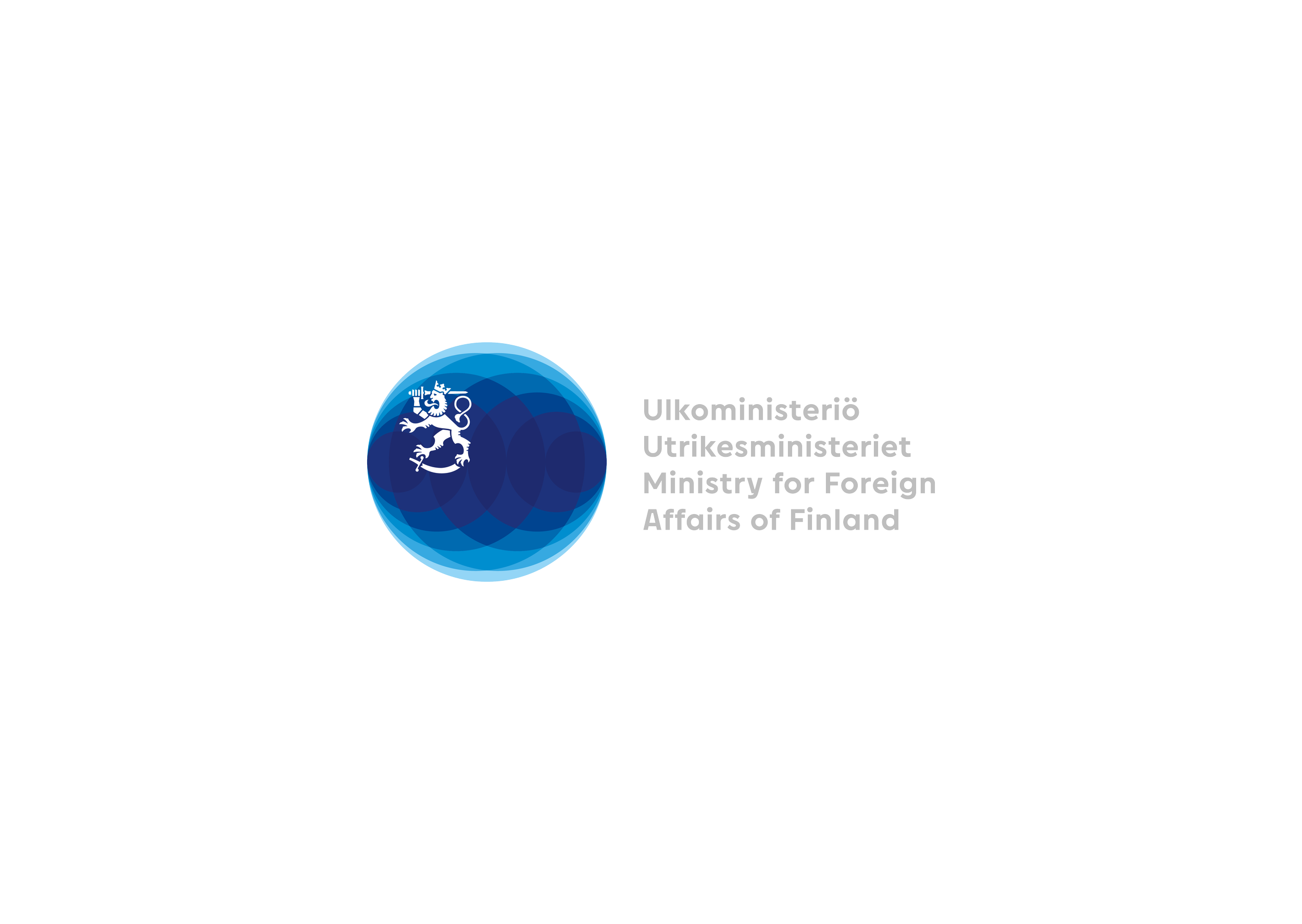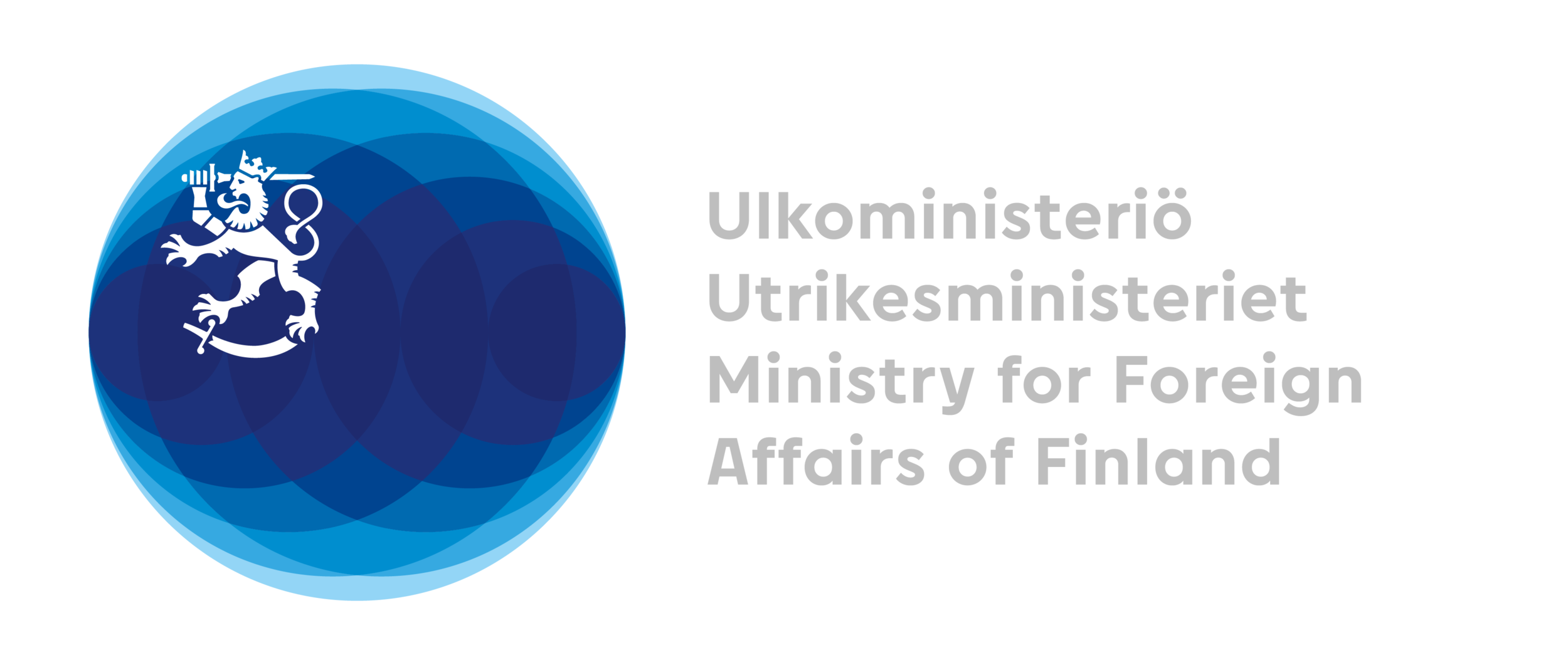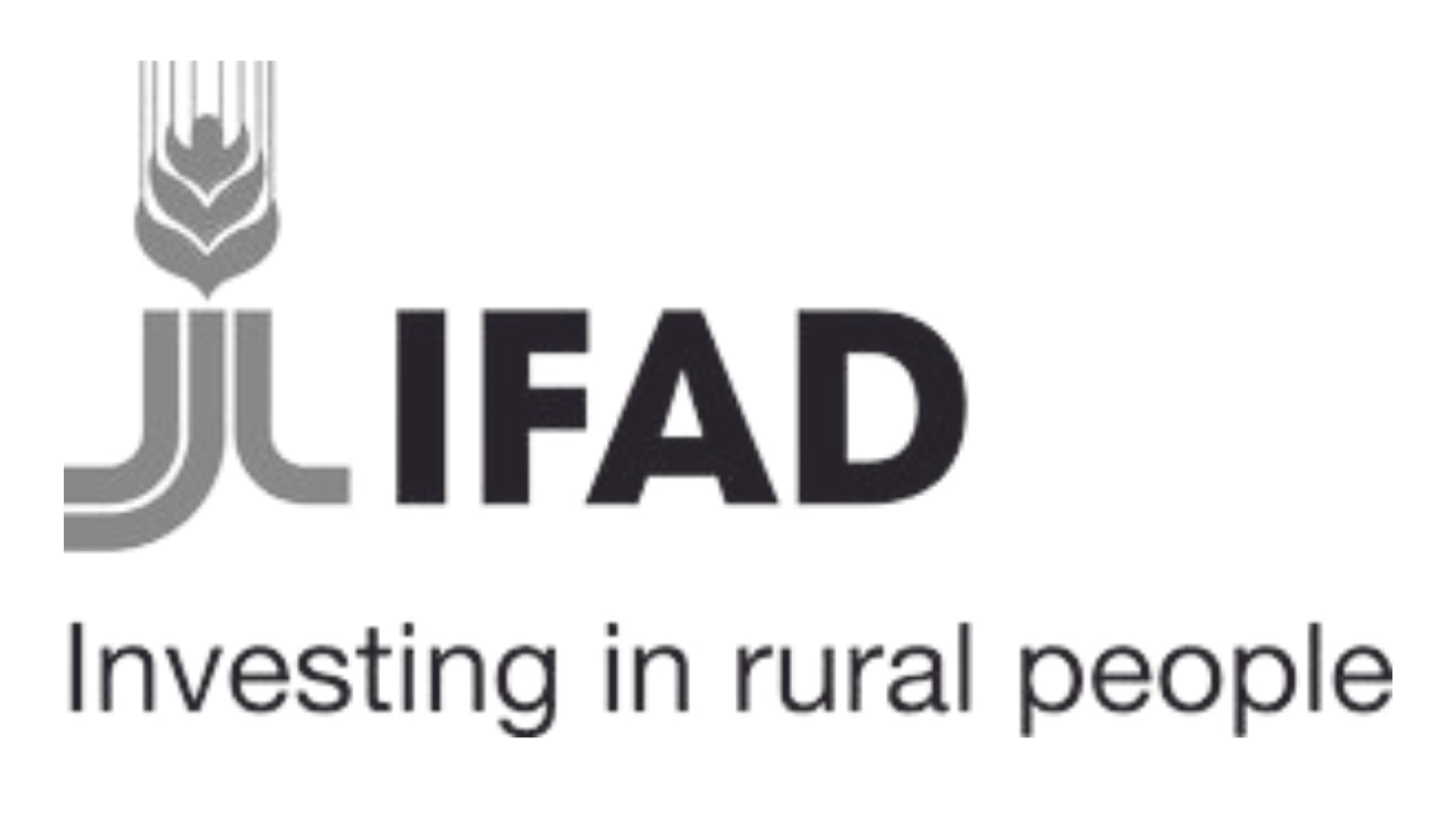From reactive to proactive adaptation: expanding provision of climate proofed services by local farmer organisations
Country: Tanzania, Njombe region
January 2023 – December 2026
Resilient smallholders assure food security under climate uncertainty, limit rural migration, and contribute to global emission reductions. However, smallholders are disproportionally vulnerable to climate change as they are often marginalised, isolated, and dependent on degrading natural resources and infrastructure. This is particularly relevant as climate variability is already putting several production systems under increasing pressure in Tanzania and farmers need support to transition from reactive to proactive adaptation which will allow them to take advantage of potential opportunities. The project aims at upgrading access to services concerning agroecology principles for climate resilience in agriculture, tree plantations and key tree crops production as well as climate proofing those services; the project also supports the co-creation of tools and methods to share experiences among local FOs on resilience-related experimentation at farm level through another EU-funded research and innovation project FOledRI. Farmers will decide what actions should be prioritised and what capacities are needed for implementation by using the Building Resilience Tool-I (BR-I) which empowers farmers to understand and promote adaptation actions either by themselves or by accessing support services from others. The Building Resilience Tool-II (BR-II) will allow FOs to self-assess their capacities and the services provided to members; this will be done through the results of the BR-I so that FOs can design a climate action plan to support farmers to develop long-term resilience. Priority will be given to agroecological principles having a direct impact on building resilience (e.g., diversity, efficiency, and solidarity) and those supporting the transition (e.g., governance, circular/green economy) towards proactive adaptation. Special attention will be given to disadvantaged groups (women, youth, and disabled). In addition to short-term improvements in productivity or profitability, the project will produce feasible action plans that support or create adaptive capacity into different production system.
The direct beneficiaries are the 16 154 members of NADO which include 8 869 female farmers and 7 285 males, 4 917 of them youth and 8 classified as disable. Although originally working with potato growers, NADO membership has expanded to include farmers producing vegetables, avocado, macadamia, and honey as well as farmers experimenting with agroforestry systems and tree plantations.
The long-term development goal is to build resilient rural communities that support poverty reduction, food and nutritional security, environmental sustainability, and diverse production systems. This will be achieved by expanding the role of farmer organisations in the socioeconomic development of Tanzania thus improving democracy and promoting an inclusive green economy and human development.
Building resilience is not a one-time exercise, but rather a dynamic process where the foreseeable risks are analysed periodically against the existing capacities. This analysis is then complemented with a feasible action plan that supports or creates adaptive capacity into production system. Climate resilience and sustainable land use practices create the basis for all the collaboration between FFD and its partners. Gender equality and a stronger role of women and girls in activities as well as biodiversity are important factors to ensure inclusive green growth.
As part of FFD’s implementation strategy, the project uses the so-called “twinning approach”. Twinning is a unique approach to utilize Finnish expertise in a peer-to-peer support model to guide local partner organizations to address their technical development needs. Twinning partners complement FFD’s technical expertise and act as a coach to encourage and support the local partner.
Project Funded by: Ministru for Foreign Affairs and FFD













